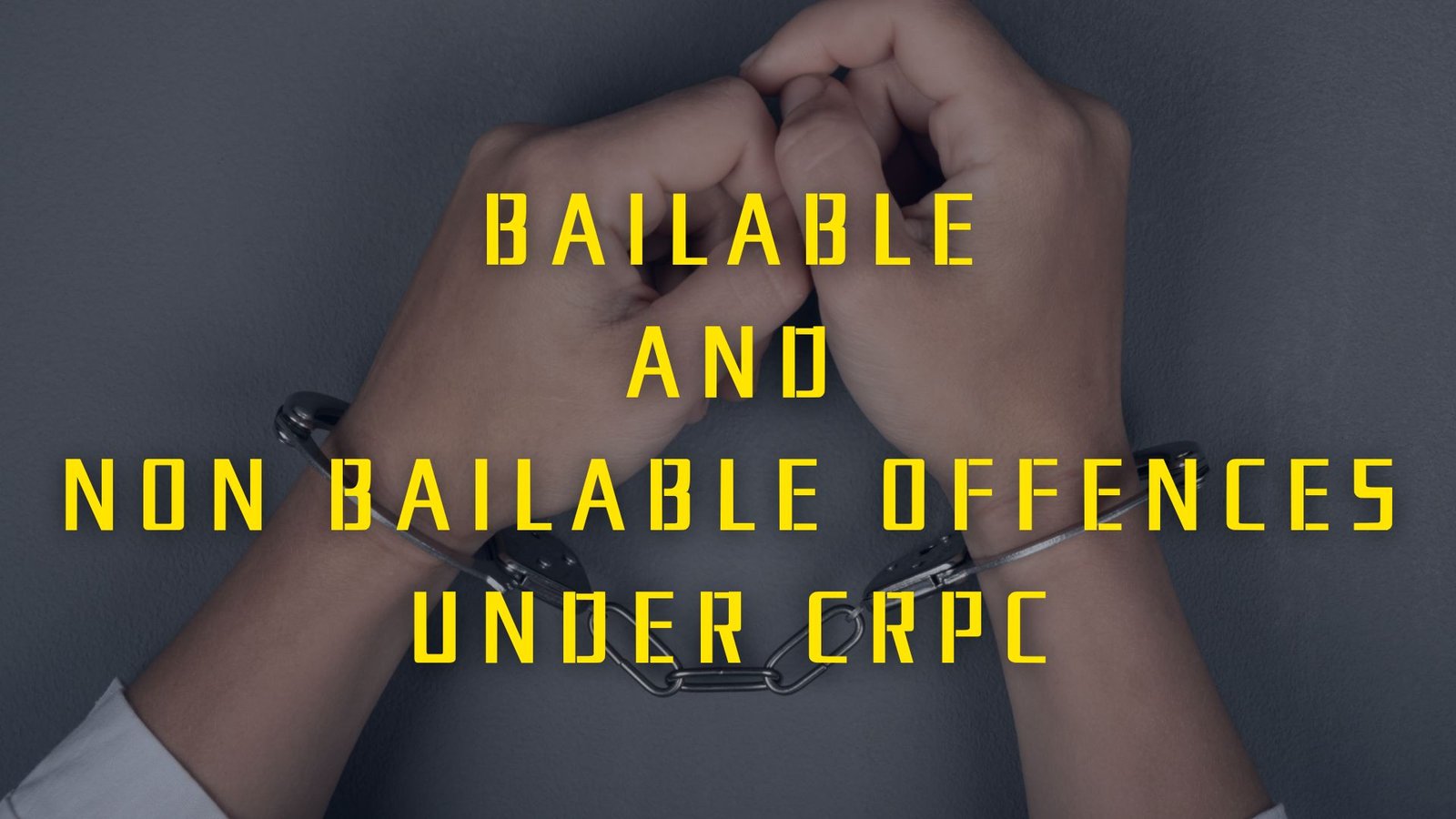On this page you will read detailed information about Culpable Homicide in the Indian Penal Code.
In examining Indian criminal law, you will analyze the critical distinction between murder and culpable homicide not amounting to murder. As you review the Indian Penal Code, you will study Section 299 which defines culpable homicide and the following Section 300 that delineates circumstances constituting murder. Through a thoughtful analysis of judicial precedent, you gain insight on how Indian courts have interpreted culpable homicide over time. An exploration of this complex issue provides an opportunity to comprehend the sophistication of Indian jurisprudence related to loss of human life.
Definition of Culpable Homicide in India
According to Section 299 of the Indian Penal Code, culpable homicide is defined as ‘causing death of any person by doing an act with the intention of causing death, or with the intention of causing such bodily injury as is likely to cause death, or with the knowledge that such an act is likely to cause death.’
In simpler terms, culpable homicide refers to the unlawful killing of a human being without malicious intention. It can be intentional or unintentional. When a person causes the death of another human being due to negligence or carelessness, it amounts to culpable homicide not amounting to murder. For example,if a person dies in a road accident due to rash and negligent driving of another person.
Some essential ingredients or elements of culpable homicide are:
- Death of a human being: The act of the accused should result in the death of another person.
- Unlawful act: The act should be unlawful. Accidental deaths do not constitute culpable homicide.
- Intention or Knowledge: The accused should have intended to cause death or intended to cause bodily injury that is likely to cause death or have knowledge that the act is likely to cause death. Mere negligence or rashness is sufficient.
- No malicious intention: The intention of the accused should not be malicious or premeditated. If the act is premeditated or cruel, it may amount to murder and not culpable homicide.
Culpable homicide is a serious offense under Indian law. It is punishable with imprisonment for life or up to 10 years and fine. The accused can claim any of the general exceptions under IPC like private defense, accident or grave and sudden provocation to escape the charge of culpable homicide. However, the onus lies on the accused to prove such exceptions before the court of law.
Distinguishing Culpable Homicide From Murder
To understand culpable homicide, it is important to first distinguish it from the offense of murder. Under the Indian Penal Code (IPC), murder and culpable homicide are two separate offenses. Murder is defined under Section 300 of the IPC, while culpable homicide is defined under Section 299.
The key difference between murder and culpable homicide lies in the intention and knowledge of the accused. In the case of murder, there must be an intention to cause death or intention to cause bodily injury that the accused knows is likely to cause death. However, in the case of culpable homicide, the accused has the knowledge that the act is likely to cause death, but lacks the intention to cause death.
For an act to qualify as murder, the accused must have intended to cause death or intended to cause a bodily injury that was sufficient in the ordinary course of nature to cause death. In contrast, for culpable homicide the accused need only have knowledge that the act is so imminently dangerous that it must in all probability cause death or such bodily injury as is likely to cause death. The accused does not intend to cause death, but has knowledge that death is a probable consequence of the act.
In summary, the distinguishing factors between murder and culpable homicide are:
- Intention to cause death: Present in murder, absent in culpable homicide.
- Knowledge that an act is likely to cause death: Present in both murder and culpable homicide.
- Intention to cause bodily injury that is sufficient to cause death in the ordinary course of nature: Present in murder, absent in culpable homicide.
Understanding these nuances is key to comprehending how the law distinguishes between these grave offenses against human life. The presence or absence of intention and knowledge can mean the difference between a conviction of murder or the lesser offense of culpable homicide.
In the previous post, we had shared information about Cheque Bounce Law in India: Understanding Legal Remedies, so read that post also.
Punishment for Culpable Homicide
According to Section 299 of the Indian Penal Code, culpable homicide not amounting to murder is punishable by imprisonment for life, or imprisonment for up to 10 years and a fine. The punishment for culpable homicide depends on the circumstances under which the offense was committed.
Imprisonment for Life
If the act by which death is caused is done with the intention of causing death or bodily injury, or if the circumstances of the case are such that the act can be considered dangerous and life-threatening, the convicted person shall be punished with imprisonment for life. For example, if a person causes the death of another by doing an act with the knowledge that it is likely to cause death, but without any intention to cause death, they would be punished with imprisonment for life.
Imprisonment up to 10 years
If the act is done with the knowledge that it is likely to cause death, but without any intention to cause death or bodily injury, the convicted person shall be punished with imprisonment of either description for up to 10 years, and shall also be liable to pay a fine. For example, if a person causes death by a rash or negligent act, not intending to cause death but with the knowledge that death would be the probable result, they would be punished with imprisonment up to 10 years and a fine.
The degree of punishment depends on the culpability of the offender, circumstances of the case, manner and means used to commit the offense, and the gravity of the offense. The court considers all factors before determining the appropriate punishment for the offense of culpable homicide not amounting to murder under the Indian Penal Code.
In summary, the punishment for the offense of culpable homicide not amounting to murder can either be imprisonment for life or imprisonment up to 10 years along with a fine, depending on the nature and circumstances of the offense. The punishment aims to act as a deterrent against such negligent and rash behavior that results in loss of human life.
Famous Cases of Culpable Homicide in India
Over the years, there have been several notable cases of culpable homicide tried in Indian courts. Below are a few of the most well-known.
Nanavati vs State of Maharashtra (1961)
Commander K.M. Nanavati, a naval officer, shot and killed Prem Ahuja, his wife’s lover. The Bombay High Court convicted Nanavati of culpable homicide not amounting to murder. However, the Supreme Court overturned the conviction and instead found Nanavati guilty of murder. This case received widespread media attention and even inspired several books and films.
State of MP vs Dhruv (2008)
Dhruv, a 22-year-old, drove his car in a rash and negligent manner, hitting two pedestrians who later died. The Madhya Pradesh High Court convicted Dhruv of culpable homicide not amounting to murder, stating his actions showed “gross negligence” but not an intention to kill. Dhruv was sentenced to five years in prison and his license was suspended for three years.
Salman Khan Hit-and-Run Case (2002)
In a high-profile case, actor Salman Khan’s vehicle ran over five people sleeping on a sidewalk, killing one and injuring four. Initially charged with homicide, Khan was later convicted of culpable homicide not amounting to murder. The Bombay High Court reduced his prison sentence to five years, citing lack of evidence to prove he was driving while intoxicated. The Supreme Court ultimately acquitted Khan of all charges, citing lack of evidence.
These well-known cases demonstrate the application of Section 304 of the IPC in determining culpable homicide charges. When proven beyond reasonable doubt, convictions can result in strict legal penalties. However, achieving convictions often depends on availability of clear evidence, as seen in the Khan case. Overall, these cases highlight the complex nature of homicide trials in India.
FAQs on Culpable Homicide
Culpable homicide is a serious criminal offense in India carrying severe legal penalties. To gain a better understanding of this offense, here are some frequently asked questions and answers:
Culpable homicide not amounting to murder refers to the unlawful killing of a human being without premeditation or intention. It is less serious than murder. It may be caused by negligence, rashness, or excessive use of force in self-defense.
The punishment for culpable homicide not amounting to murder is imprisonment that may extend up to 10 years and/or with fine. The actual term of imprisonment and amount of fine will be determined based on the circumstances and severity of the offense.
The key difference is intention or premeditation. Murder is done with the intention to kill or cause bodily harm, while culpable homicide not amounting to murder lacks this element of intention. Culpable homicide is the result of negligence, rashness or excessive use of force in self-defense.
If charged with this offense, it is advisable to seek legal counsel immediately. Your lawyer can review the details of your case and determine the best legal strategy. You have the right to defend yourself in court. Your lawyer may argue for a lesser charge like negligence or self-defense to reduce or drop the culpable homicide charges. Cooperating fully with the police and legal proceedings is also
Yes, the judgment can be appealed in a higher court. Your lawyer can file an appeal on your behalf citing any errors or unfairness in the trial proceedings or judgment. The higher court will review the case details and evidence before deciding whether to uphold, modify or overturn the original judgment.
Conclusion
As you examine the nuances of culpable homicide in the Indian Penal Code, reflect on the critical differences between murder and culpable homicide not amounting to murder. Though the lines may seem blurred at times, the distinctions carry great import. Arm yourself with a comprehensive understanding in order to thoughtfully participate in discussions of justice reform. Moving forward, apply your learnings by advocating for penal codes that serve all people with wisdom and equity. In all affairs, lead with compassion.
Disclaimer
The information and services on this website are not intended to and shall not be used as legal advice. You should consult a Legal Professional for any legal or solicited advice. While we have good faith and our own independent research to every information listed on the website and do our best to ensure that the data provided is accurate. However, we do not guarantee the information provided is accurate and make no representation or warranty of any kind, express or implied, regarding the accuracy, adequacy, validity, reliability, availability, or completeness of any information on the Site. UNDER NO CIRCUMSTANCES SHALL WE HAVE ANY LIABILITY TO YOU FOR ANY LOSS OR DAMAGE OF ANY KIND INCURRED AS A RESULT OR RELIANCE ON ANY INFORMATION PROVIDED ON THE SITE. YOUR USE OF THE SITE AND YOUR RELIANCE ON ANY INFORMATION ON THE SITE IS SOLELY AT YOUR OWN RISK. Comments on this website are the sole responsibility of their writers so the accuracy, completeness, veracity, honesty, factuality and politeness of comments are not guaranteed.
So friends, today we talked about Culpable Homicide in the Indian Penal Code, hope you liked our post.
If you liked the information about Culpable Homicide in the Indian Penal Code, then definitely share this article with your friends.
Knowing about laws can make you feel super smart ! If you find value in the content you may consider joining our not for profit Legal Community ! You can ask unlimited questions on WhatsApp and get answers. You can DM or send your name & number to 8208309918 on WhatsApp








